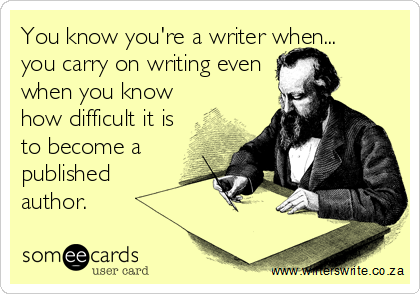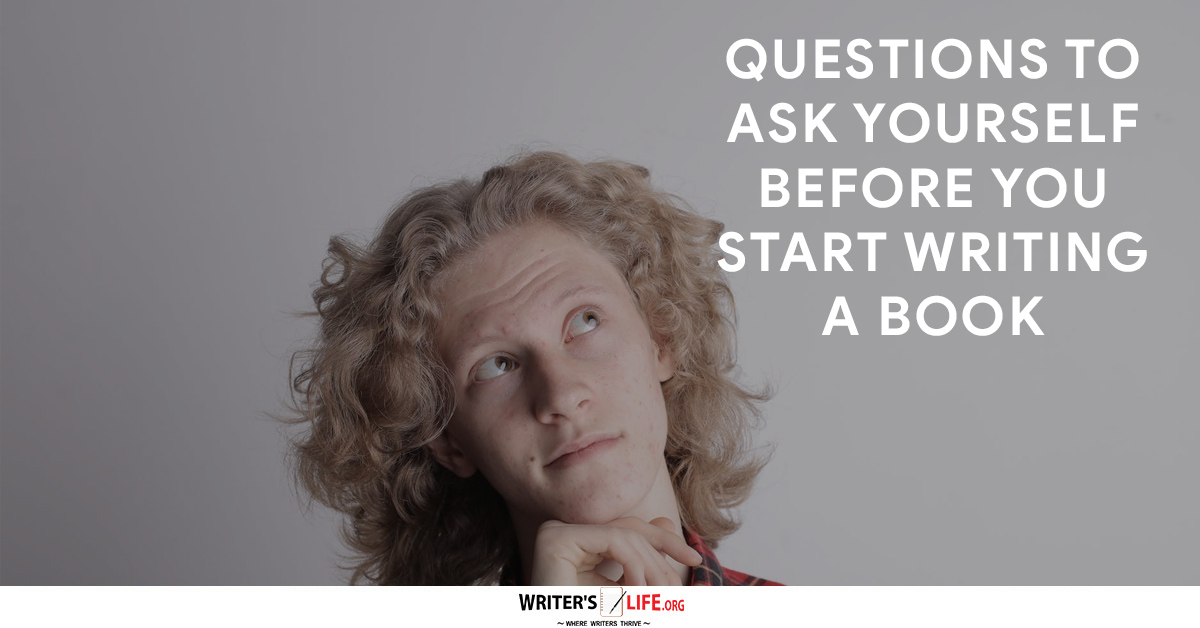- How To Tackle Jealousy In Creative Writing
- Common Submission Mistakes
- How To Stop Your Blog Becoming Boring
- The One Thing Every Successful Writer Has In Common
- How To Make Yourself Aware Of Publishing Scams
- Why Almost ALL Writers Make These Grammar Mistakes At Some Point
- 5 Tips For Authors On How To Deal With Rejection
- Top Mistakes to Avoid When Writing a Novel
- How to Avoid Common New Writer Mistakes
- 10 Mistakes New Fiction Writers Make
Your Rules For Getting That Novel Done!

There are lots of lists out there for how to be a writer, but most seem for newly minted MFA grads trying to keep up spirits and output in the sudden absence of grades and semester deadlines. I’m not one of them. I’m one of you. Here are a few things I learned along the way to writing a novel between stints as a copywriter.
1. Make the time.
You say you want to write a book or screenplay or longform something else besides advertising, and mean to do it as soon as decks are cleared, slate is cleaned or whatever other lame metaphor you settle for, even though you’re a writer. (You mean to stop using lame metaphors as soon as you get your ducks in a row.) Guess what. Those decks, slate, ducks will never arrange themselves in a way conducive to your waking up one morning and discovering, hey! your only demand that day is to follow your muse. You don’t get time to write. You make time to write. You get up early so you can get in a couple of pages before work. Or you skip drinks meetings or real time TV and sit in front of a keyboard instead, even if everything you’re typing seems to be drek. Which brings me to…
2. Don’t wait for inspiration.
You know how your friends outside the business think you get ideas in the shower or by meditating peacefully until a Muse grants enlightenment, depositing an award-winning concept full-blown in your brain? Writing a novel is more about perspiration than inspiration and usually involves as much discovery for the writer as it does for the reader. “I write to know what I think,” said Joan Didion. Writing longform is a journey, a process you can’t embark upon until you put your hands on the keyboard. Chuck Close said Inspiration is for amateurs — the rest of us just show up and get to work.
3. Tell the truth.
I know, I know. You already do. We’ve come a long way from the days when writing ad copy involved outright lying. There are laws these days against loading soup bowls with marbles to make the minestrone appear thicker or doctors recommending brands of cigarettes, but that doesn’t mean when we copywriters sit down to write, our foremost intention is to tell the truth. We imply, we mislead, we employ sleights of hand to distract readers from the fact that products made by companies our paychecks depend on, don’t do what customers hope they will. We don’t say diet drinks cause weight loss, we say they “help to” reduce weight. We can’t claim that skin creams prevent aging but we can say they “reduce the appearance of fine lines and wrinkles.” Using word weasels is (debatably) fair game in selling products, but writing, real writing, isn’t about tricking someone into believing you, it’s about telling, to the best of your ability, what it is you believe yourself. To do that, you have to know what you believe. You have to know what you think, and to do that, you have to give yourself time to think. Which brings me to…
... The Get It Done, Writer's Toolkit. This is an ebook / audio CD combo set that teaches writers how to overcome writer's block and procrastination and brainstorm the best possible strategies and outcomes for writing projects.
4. Disconnect.
Writing isn’t about forward motion, it’s about standing still. It’s about silencing the voices of others so you can suss out your own. It’s about shutting down, turning off, dropping out, closing down Facebook and Twitter and getting off email, for a short time, at least, on a regular basis to get rid of the noise and create the closest thing to silence we can achieve in this era of sharing. Freedom and SelfControl are two programs that will help. You can even program them like a set-ahead coffeemaker, to keep you off social media first thing in the morning when your mind is still in dream-state and some think most fallow.
5. Find mates.
You know how sometimes you’ll do a favor for a friend and interview their kid/niece/godson who wants to work in creative for an ad agency? You’ll look at their book and see they are totally clueless about what it takes to develop product campaigns and you’ll tell them to hook up with people who know how to do it. You tell them to take your friend’s class at SVA or (if their parents are loaded) to do a stint at one of the ad schools. Same thing with writing. The kind of writing you do every day for a paycheck isn’t the same thing as the kind others do for no money atall. Seeking out the company of others writing a story or novel or (gawd help them) poems will not only give you better perspective on your own creative efforts but will provide necessary comradeship on a long, lonely road to publishing and beyond. And, oh, yes…
6. Read.
If you’re a writer, chances are you were a reader as a kid. Rediscover the pleasure of reading for pleasure, not research. Load up your backpack or Kindle app with books you’ve been meaning to get to for years. Download a book on Audible to listen to while commuting or working out. Just like with advertising, in order to go someplace different with your writing, you have to know where others have been. The good news is that because you’re a writer, reading is tax-deductible.
7. Listen.
Aside from reading, observation is the most critical part of becoming a writer. Don’t ignore the vast, captive population at your disposal. Every day you go to work, you’re entering a grand arena where our deepest hopes, fears and passions are played out. Watch how people walk into a conference room. How do they walk? Who do they talk to, who do they ignore? Each day in an office affords a thousand opportunities for observation necessary to write well. Take mental notes. And keep a notebook. This can be handheld or virtual, moleskin, word file or app. But make it a separate place from where you record client requests or grocery lists. John Updike kept two desks: one for writing fiction, one for reviews and answering mail. (Remember that kind of mail?) Different depositories encourage different trains of thought.
8. Write what interests you.
Don’t try to second guess a market. Even agents and publishers don’t know what will sell, although it’s interesting to keep abreast of what they’re looking for. One way to do this is by following tweets aggregated under a new hashtag #MSWL (Manuscripts Wish List) But if people in publishing really knew what would sell, the publishing business would be in better shape. Follow your gut. Write about what you find fascinating enough to sustain your own interest in it over the years it will take you to finish the book. Your own fascination in a subject is what will make others interested in it, too.
9. Don’t give up your day job.
Forget about getting published. For a while. Concentrate on writing the best work you can. Think advertising is a hard business to crack? Wait till you try publishing. Don’t imagine any editor will be interested until you’ve got an agent. And no agent will be interested until you’ve got a complete manuscript. The average novel is about 85,000 words, about 340 pages. Waaaaay more than the average commercial or print ad. Stephen King, writing full time, puts out ten pages a day. If you committed to just a tenth of his output, you’d have a page a day. At the end of the year, you’d have a novel. But with advances being what they are these days, even if you sell one, you might not want to depend on checks from your agent to keep you afloat. Did I mention that advances don’t come with health benefits?
10. Don’t complain.
No one is making you do this, so stop whining. Nobody cares that you’re tired because you got up at 4:30 to have a quiet house to yourself, to finish a chapter. The last thing the world thinks it needs is another novel, so don’t speak of yours as if it’s a sacrifice you’re making for the good of humankind. Just keep putting one word after another, as often as you can, until it is finished. Someday the Man Booker might come after you.
If you are thinking of self-publishing your first book, then you might want to check out Writer's Life webinar called How to Get Published, Sell Books & Attract Tens of Thousands of Readers by Selling Your Content on Amazon’s Kindle CLICK HERE! In this course you will taught how to publish online and sell to Amazon Kindle Direct Publishing Platformand Market.
This post by Brian A. Klems was originally published with the title 10 Rules of Writing A Novel at http://www.writersdigest.com/online-editor/10-rules-of-writing-a-novel.



























